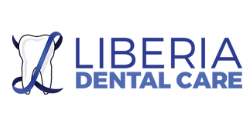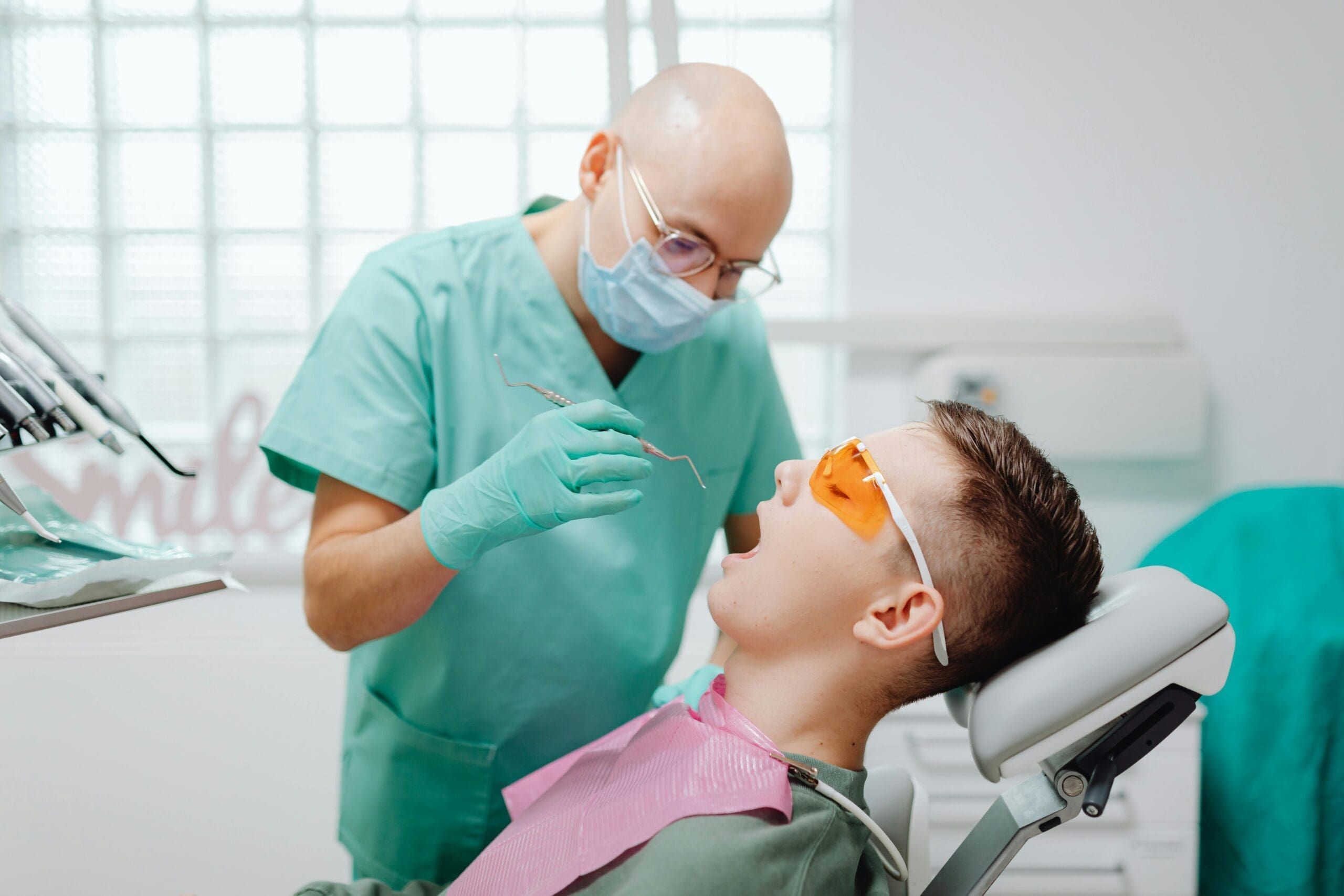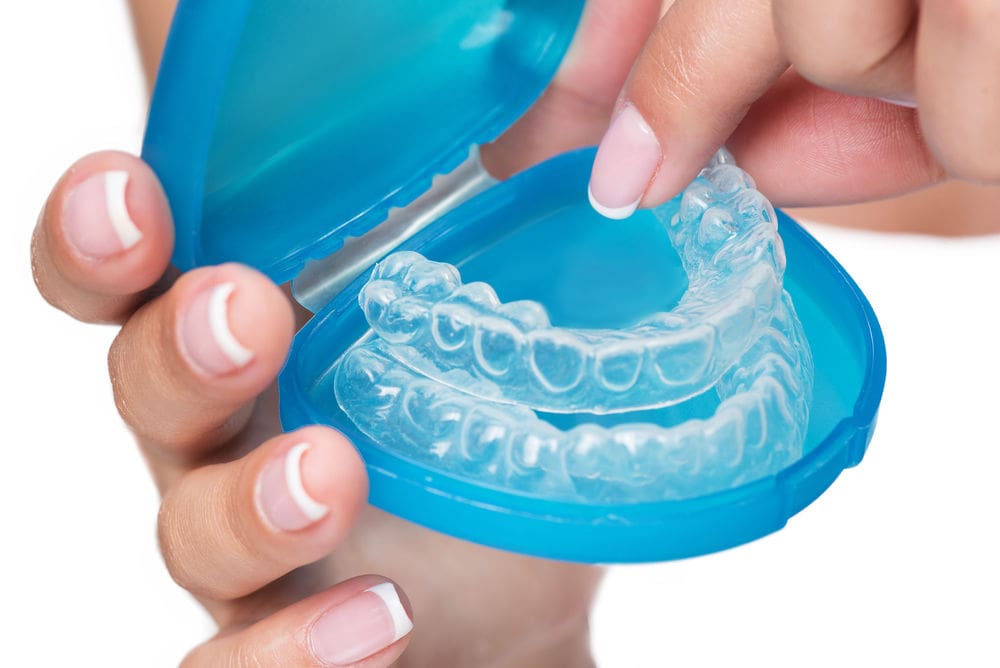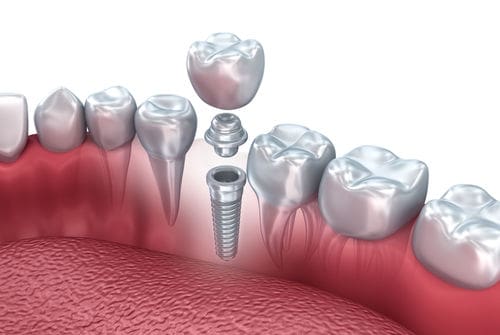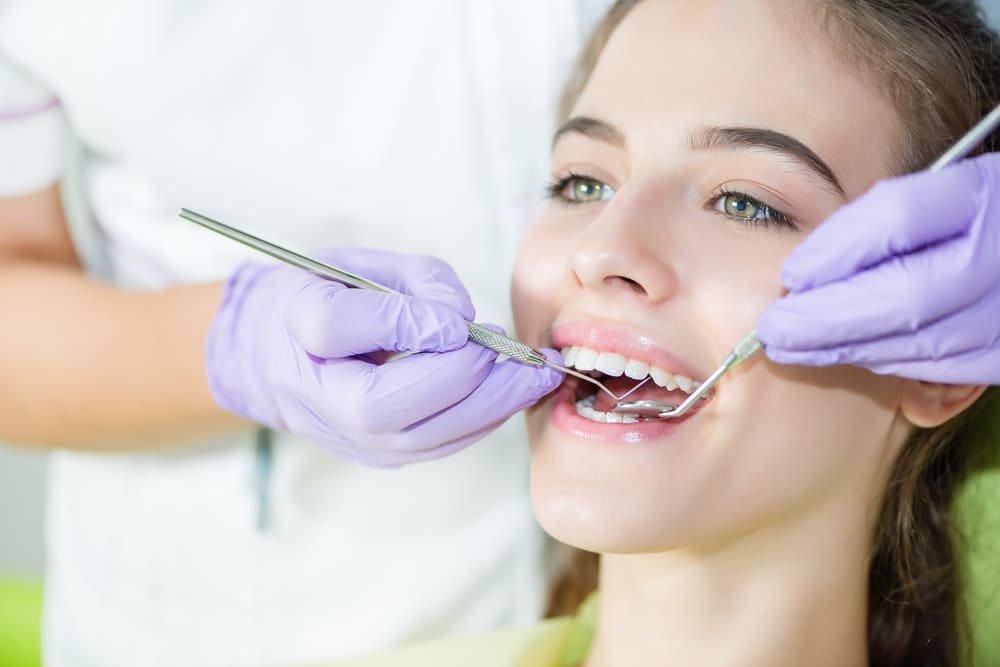If you recently had dental implants placed, it is essential to be mindful of your diet during recovery. Eating the wrong foods can lead to complications and extend the healing process. To ensure your dental implant heals properly, knowing the best and worst things to eat after the procedure is important. This article will explore the best and worst foods to eat after dental implants have been placed to help ensure a speedy and successful recovery.
Best and Worst Foods to Eat After Placement of Dental Implants
Now that we are more informed about dental implants and the healing process, let’s discuss what you should consume now. Your food has a significant impact on how quickly you heal. You should finish and avoid some foods when healing after dental implant surgery. Remember that these dietary changes are only transient; after your implants have integrated with your body, you can return to your previous eating routine.
Following dental implant surgery, the following foods are recommended:
- Soups: Soups made with broth are hydrating and palatable. Just be careful that they aren’t overly salty. For the first few days, you should also stay away from soups since their temperature can irritate the area surrounding the incisions and promote bleeding.
- Grains: Oatmeal, brown rice, and quinoa are all excellent alternatives for whole grains. Starches and grains can help you feel full; entire grains are a good source of vital minerals.
- Smoothies: If you have difficulties chewing, smoothies are an excellent alternative for receiving your nourishment. Just stay away from fruits like strawberries that include seeds or pits. An infection could result from unintentionally sowing a source close to the surgery site.
- Soft fruits and vegetables: These include those that have been cooked or canned, such as applesauce, mashed potatoes, and carrots. Even fresh fruits like bananas, peaches, nectarines, melons, and berries are healthful choices as long as they are sliced into little pieces. The benefit of fruits and vegetables is that they provide a variety of nutrients to aid in your body’s healing process.
- Protein: Chicken, fish, tofu, eggs, beans, cheese, and yogurt are all fantastic protein sources. Make sure all meats are well-cooked and easy to chew. Ensure you begin with softer protein sources before progressively introducing foods like red meat and poultry. You can add meat to soups to make them smoother and more straightforward to chew.
Moreover, the following foods should be avoided after dental implant surgery:
- NO chewing gums: Items like gum that require a lot of chewing can put too much pressure on the implants and cause them to shift. Eat nothing that takes a lot of chewing until your implant has healed.
- NO sticky desserts: Taffy, caramels, and other sweets can all pull on the implants and cause them to become loose or move, not to mention the possibility that consuming sticky sweets will increase your risk of developing gum disease and tooth decay.
- NO popcorns: Since the kernels could block the implant and spread infection, popcorn should not be eaten. Moreover, chewing popcorn kernel can agitate the implant or make it shift. Please refrain from eating popcorn until your dentist gives the all-clear.
- NO chips and pretzels: Pretzels and chips should be avoided since they are too abrasive for teeth and could harm implants. Also, they could sting when you’re eating and leave behind debris that interferes with the gum tissue’s ability to recover.
Transitioning to a soft food diet is crucial for your recovery, even though it might not be the most enjoyable thing. These meals will aid in the expected recovery of your implants, enabling you to resume your regular diet as soon as possible.
Conclusion
Overall, it is important to remember that the best and worst foods to eat after dental implants vary based on the individual and the circumstances surrounding their implant placement. Lastly, visiting a dental clinic and following the dentist’s recommended advice is important, as they will know what is best for you and your implants.
Patients of all ages can receive cutting-edge dental care at Liberia Dental Care. Dental care for children and adults and cosmetic dentistry are all offered. Find your perfect remedy for a whiter smile right now. Most insurances are accepted, and we welcome new patients! Schedule an appointment for dental implants in Manassas, VA, today!
